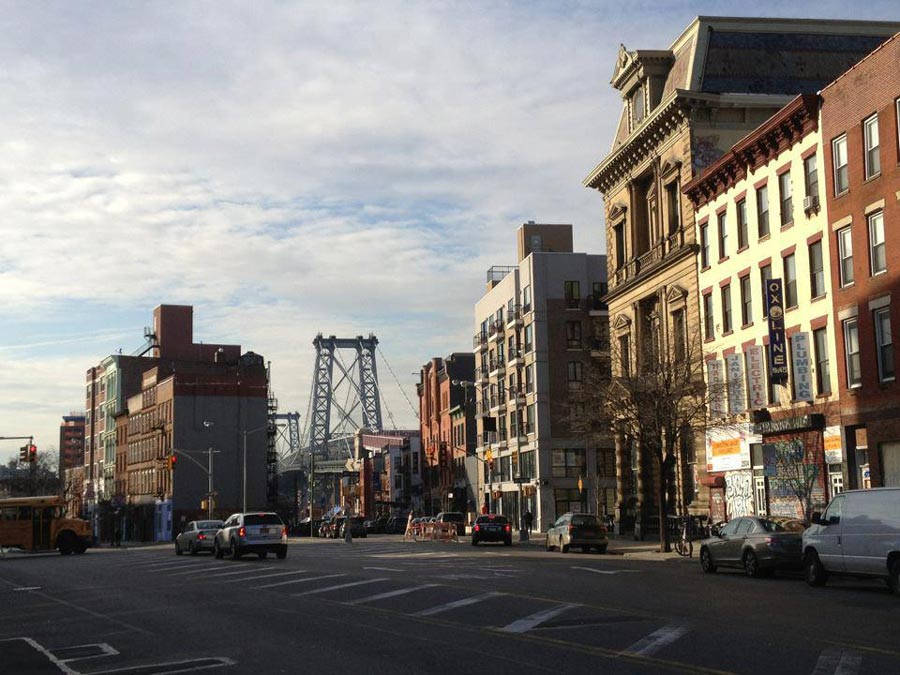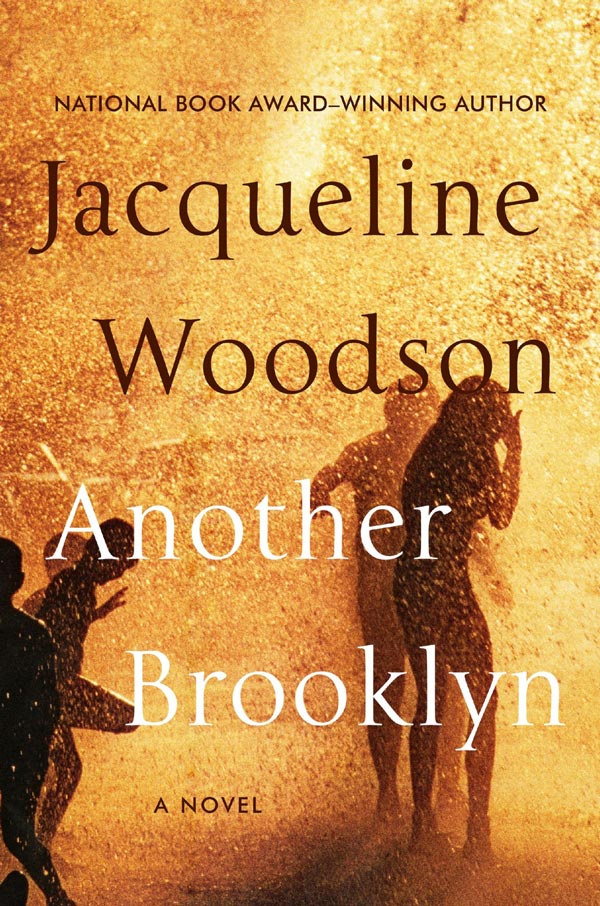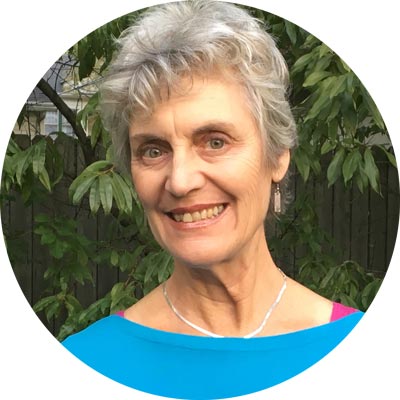Last year Jacqueline Woodson won the National Book Award for Young People’s Literature for Another Brooklyn (Amistad/Harper 2016), published and marketed as an adult book. This novel about four black girls growing up in the 70s—four fast friends—shows joy, hardship, and great love among the characters.
Note that “Another Brooklyn” contains strong sexual content that not be appropriate for some young audiences.
Clearly Another Brooklyn is an adult book, but being about young people, why is that? Much “young adult” literature is chock full of violence, sex, and other topics that are taboo to middle grade readers (for the most part). But certain ideas fall in the realm of adult ideas, as in this book, which shows difficult assumptions about young black women and the pressure they feel. Still, I would put this book in the hands of some young adult readers. There is so much to aspire to in the relationships among the girls as they go from nine to sixteen.
When many of us were growing up, we weren’t aware of “young adult” or “teen” literature. We just read books—like Hermann Hesse, Ayn Rand, JD Salinger. We understood them to the extent we understood. Sometimes when we spoke of these books, adults would marvel at our deep understanding. In some cases, the adults were more impressed than we deserved, using their own understanding to stretch our words and meanings.

Back to Another Brooklyn. Like all of Woodson’s writing, it is poetic. Her storytelling is masterful. I marvel at the ten-year-old girls’ devotion to each other. In their teens, they support each other, rely on each other. I didn’t find relationships like that until I was twenty. When I think further, I realize, that first deep girlfriend relationship was with Corinne, a young black dancer in London. We would walk down the street, arms locked. No one could penetrate our mutual protection.
Eventually I’d carry that intimacy to relationships with white girls. But now I ask myself, is this close bond something born especially in a black community? Am I stereotyping? Or just acknowledging that some stereotypes are born from a kernel of truth.
- Author: Jacqueline Woodson
- Publisher: Amistad; 1St Edition (August 9, 2016)
- Binding: Hardcover, 192 pp.
August, the book’s narrator, says her mother did not experience closeness with other women— quite the opposite. And it’s because of her mother’s depression that her father takes the children away from their Tennessee mother to live with him in Brooklyn. Eventually August’s estranged mother takes her own life. So . . . Is Woodson telling us that a woman’s relationship with other women is essential? I surely agree.
And the title? “Another” Brooklyn. This implies an original Brooklyn. Is she saying there’s a white neighborhood experience and a black neighborhood experience? Perhaps. I loved this view into a world that I can only overlap, but have never lived. That is so often the beauty of books and reading—being given a view of life different than your own.




